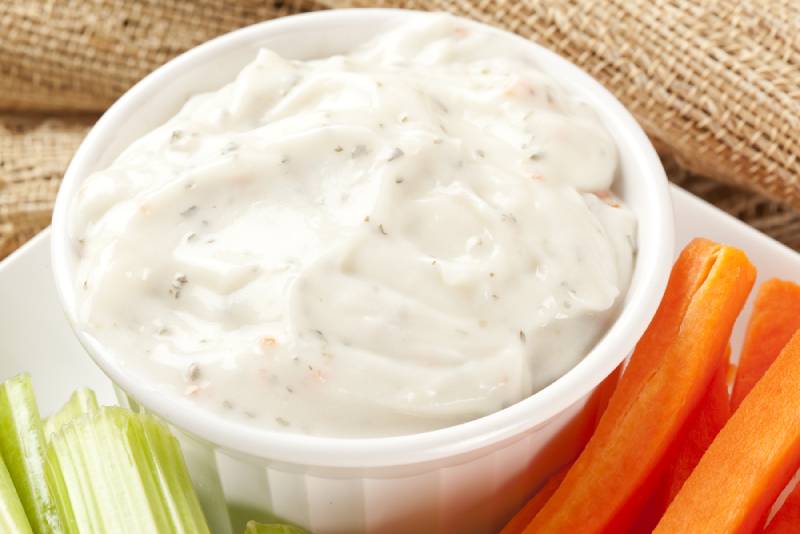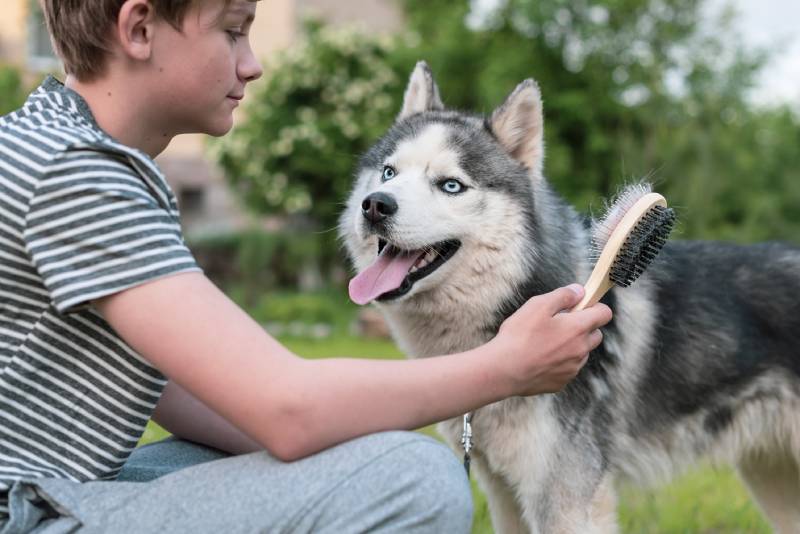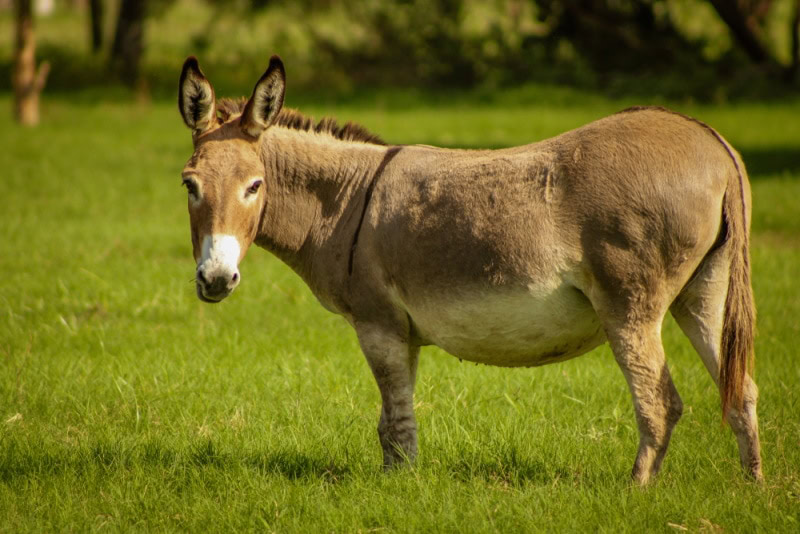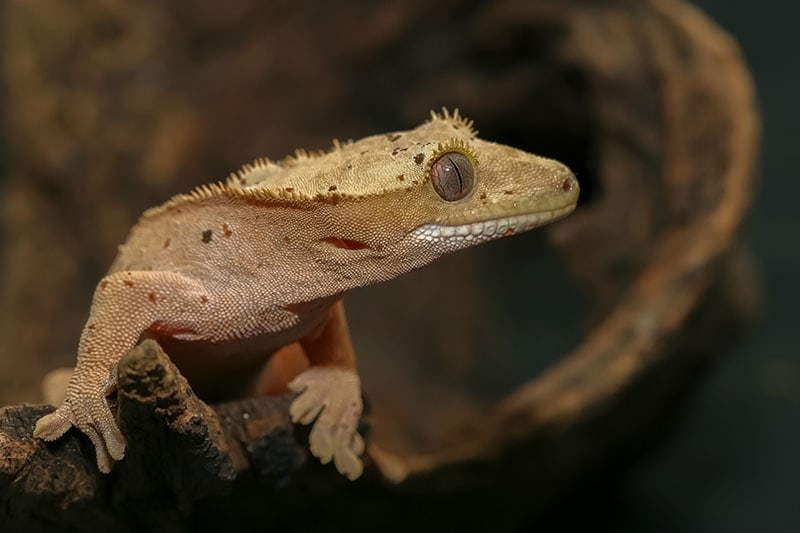VET APPROVED

The information is current and up-to-date in accordance with the latest veterinarian research.
Learn more »Click to Skip Ahead
Ranch dressing is a popular treat for humans and is a common ingredient in much of our cooking. Sometimes our cats may acquire access to some of our leftovers and steal a few licks.
Ranch dressing contains garlic, onion, and chives, and although a small lick is unlikely to cause any serious health issues, these ingredients are harmful to cats and they should not be offered any ranch dressing.

Can Cats Eat Ranch Dressing?
No, cats shouldn’t eat ranch, although a small accidental lick is fairly unlikely to cause them to get sick as long as it isn’t a common occurrence. Typical ranch dressing recipes include onion, garlic, and chives which are all toxic for cats.
Many adult cats may also be lactose intolerant, so regular intake of any type of dairy product could lead to digestive upset.
To learn more, we recommend speaking to a veterinarian.
What is Ranch Dressing?
Ranch dressing is American in origin and typically starts with an oil emulsion as a base. The most common ingredient is mayonnaise, but alternative bases may include sour cream or yogurt.
Also, ranch dressing typically contains buttermilk, salt, garlic, onion, mustard, herbs (usually chives, parsley, and dill), and spices (usually pepper, paprika, and ground mustard seed).
What Happens If a Cat Eats Ranch Dressing?
Ranch dressing may have several adverse effects on cats, stemming from what is in a typical ranch dressing recipe, and depending on the amount they have eaten.
Cats that consume a large enough amount of ranch dressing will primarily suffer due to the effects caused by the onions, garlic, chives, and lactose from the dairy.
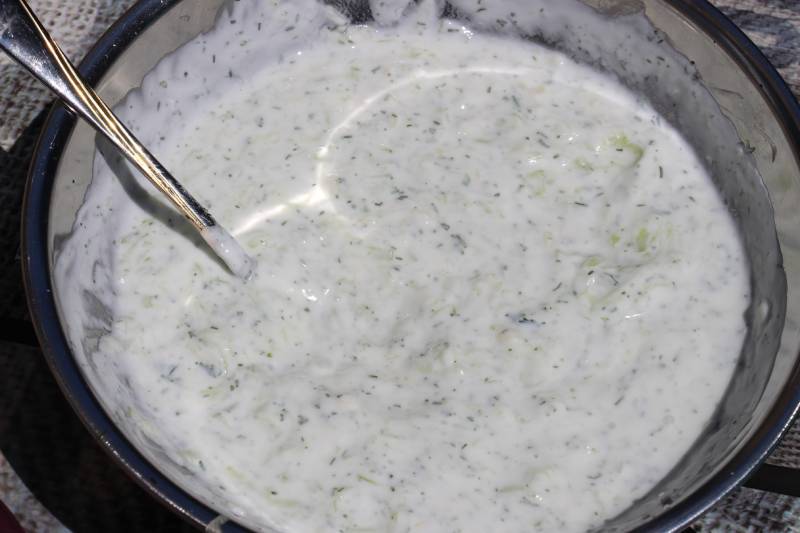
Is Ranch Bad For Cats?
Ranch dressing can be harmful to cats. Ranch dressing contains onions, garlic, and chives, which all fall under the food category of alliums.
Allium species are toxic for cats. Ingestion of as little as 5 grams per kilogram can lead to signs of toxicity and damage to the red blood cells, leading to anemia.
Why Are Onions, Garlic, and Chives Toxic to Cats?
The mechanism of Allium species toxicity is due to oxidative damage to the red blood cells, caused by the organosulfur compounds. The signs of toxicity may occur within 24 hours of eating the dressing or other foods containing onions, garlic, or chives, or more often it could take a few days for the anemia to develop.
The result of this state is weakness and further impediment of the delivery of oxygen to vital organs, causing pale gums, lethargy, increased heart rate and respiration, and sometimes collapse. Cats exposed to plants from the Allium genus may develop signs of gastroenteritis, such as nausea, drooling, abdominal pain, vomiting, and diarrhea. If left untreated, anemia related to Allium toxicity may be life-threatening.
Why Are Some Cats Lactose Intolerant?
Only about 35% of humans can digest milk without any problems. Scientists are still trying to understand the link between the beginning of dairy production, fermented dairy products that contain less lactose, gut microbiome, and the mutations that have developed to allow people to produce lactase, the enzyme that breaks down milk sugar lactose, after adulthood.
Similarly to humans, many other adult mammals are lactose intolerant, which means that they may deal with digestive issues if they consume dairy. For some, this may be a very small amount of milk and dairy products, while others could tolerate more.
These issues include discomfort, gas build-up, diarrhea, and bloating.
Can Cats Eat Ranch Tuna?
No, they cannot. Even though the ranch may be diluted in the tuna, it still contains ranch dressing, and it can still be harmful to your cat.
A cat can consume tune in freshwater by itself as it is a healthy treat for cats as long as it is given to them in moderation. It’s not suitable to be offered daily due to high mercury and fatty content.

What You Can Give Them Instead
Are there tasty alternatives to ranch dressing for cat treats? The following are safe and delicious foods that you can give to your cat.
Minnows
When prepared properly and bone-free, minnows are a great treat for cats. There are many options available specifically for cats. They are high in protein and omega-3 fatty acids, which promote general health.
Chicken
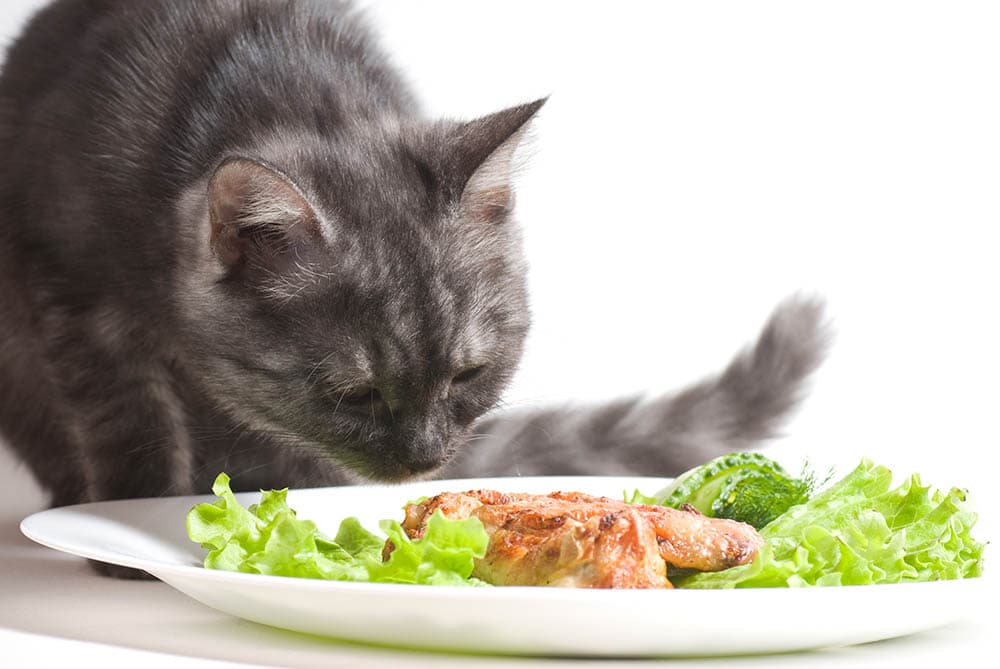
Being obligate carnivores, chicken is always a great choice for cats. You can find pre-prepared chicken treats for cats at your local pet store, or you can prepare your own. Don’t add anything to it, and your cat will love it.
Turkey
Turkey is already a primary ingredient in many cat foods. It is lean meat and is very high in protein. Like with chicken, you can feel free to prepare some for your cat yourself.
Make sure to remove bones and cook it without seasoning. It will help make your cat happy while keeping them strong and healthy, as well.
Duck
Duck is another bird, like turkey and chicken. That means it is lean meat. Lean meat is the best for your little predator. You can find some treats at the store, or you can prepare some on your own.
Remember to cook it without seasoning and to remove the bones.
Tuna
This treat is best kept in moderation, but it is still a great option to spoil your cat with. Tuna is sometimes used in cat food, and who hasn’t seen their cat perk up when you open a can.
A bit of canned tuna or even some slices of tuna steak would please your cat. Tuna is high in protein and low in carbohydrates, which makes a great occasional treat for your cat.
Salmon
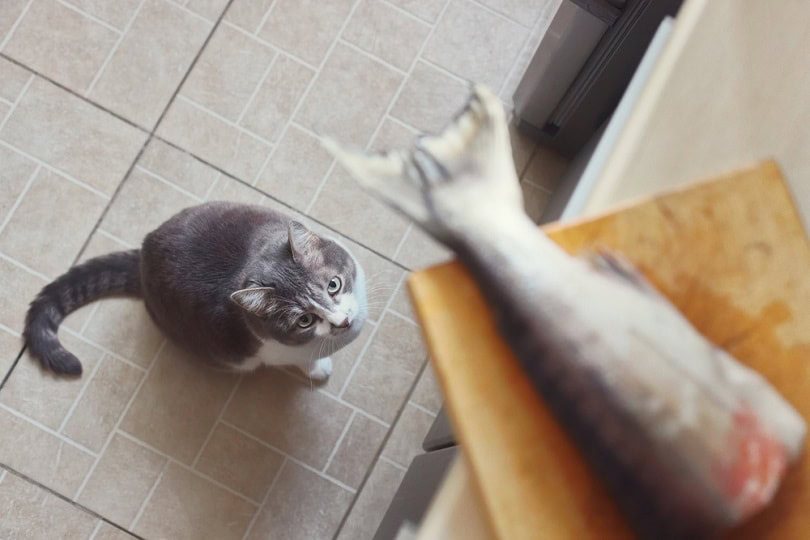
Salmon is one of the best fish options for cats because it is a high-quality protein and high in omega fatty acids, which are essential for your cat’s skin and coat. It is also sometimes found as an ingredient in cat food.
You can prepare it yourself or find pre-prepared treats at the pet store. If you prepare it yourself, make sure not to add any seasoning.
Cranberries
Cranberries can be offered to most cats as an occasional treat, although many may turn up their nose at the sight and taste of it. For those who like it, they can be a healthy treat, offered in moderation.
Knowing exactly what your feline companion can and cannot eat will help you become the best pet parent. Recognizing that not all cat bowls are equal is also key! The Hepper NomNom Cat Bowl sets itself apart from traditional options by catering to the specific needs of cats. The innovative design offers whisker relief via shallow dishes and promotes digestion with a slight bowl elevation. Find out if the Hepper NomNom is right for your cat by clicking here. At PangoVet, we’ve admired Hepper for many years and decided to take a controlling ownership interest so that we could benefit from the outstanding designs of this cool cat company!

Conclusion
When it comes to ranch dressing, best reserve it for your meals only. Your cat should not eat ranch, as some of the ingredients in the dressing are harmful and even toxic for them if eaten in large enough amounts. There are many treat options available commercially, or ones you can prepare yourself at home, to keep your kitty content and healthy.
Featured Image Credit: Brent Hofacker, Shutterstock
